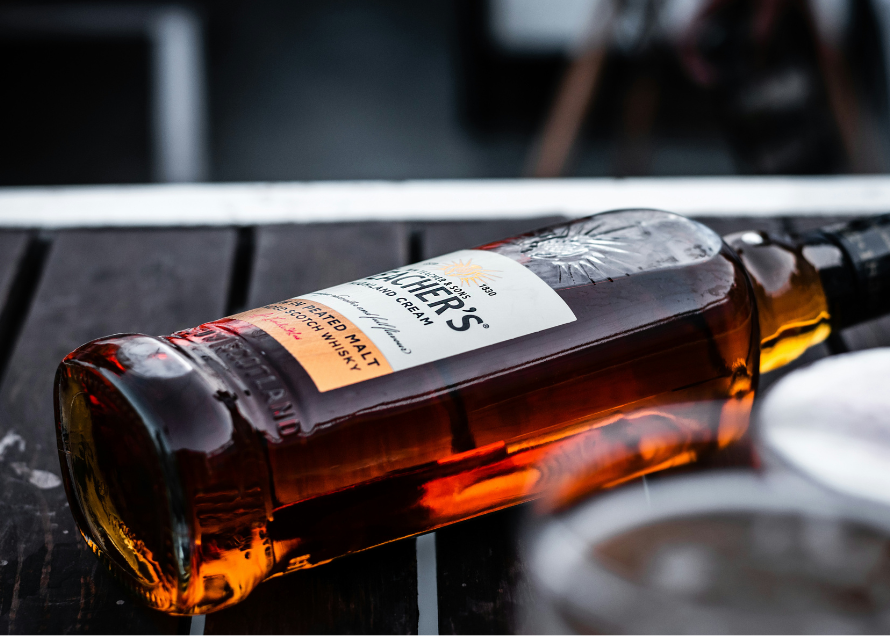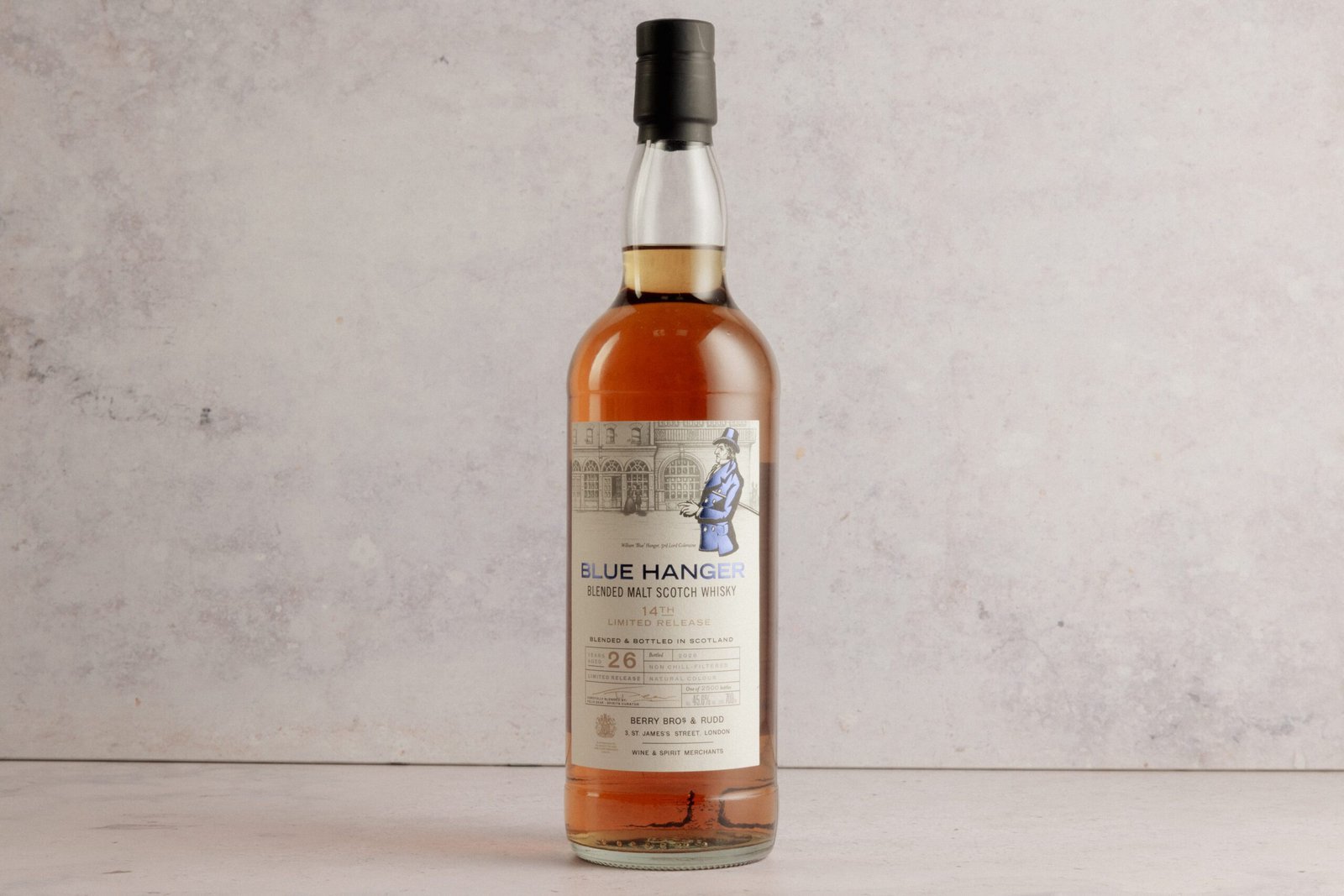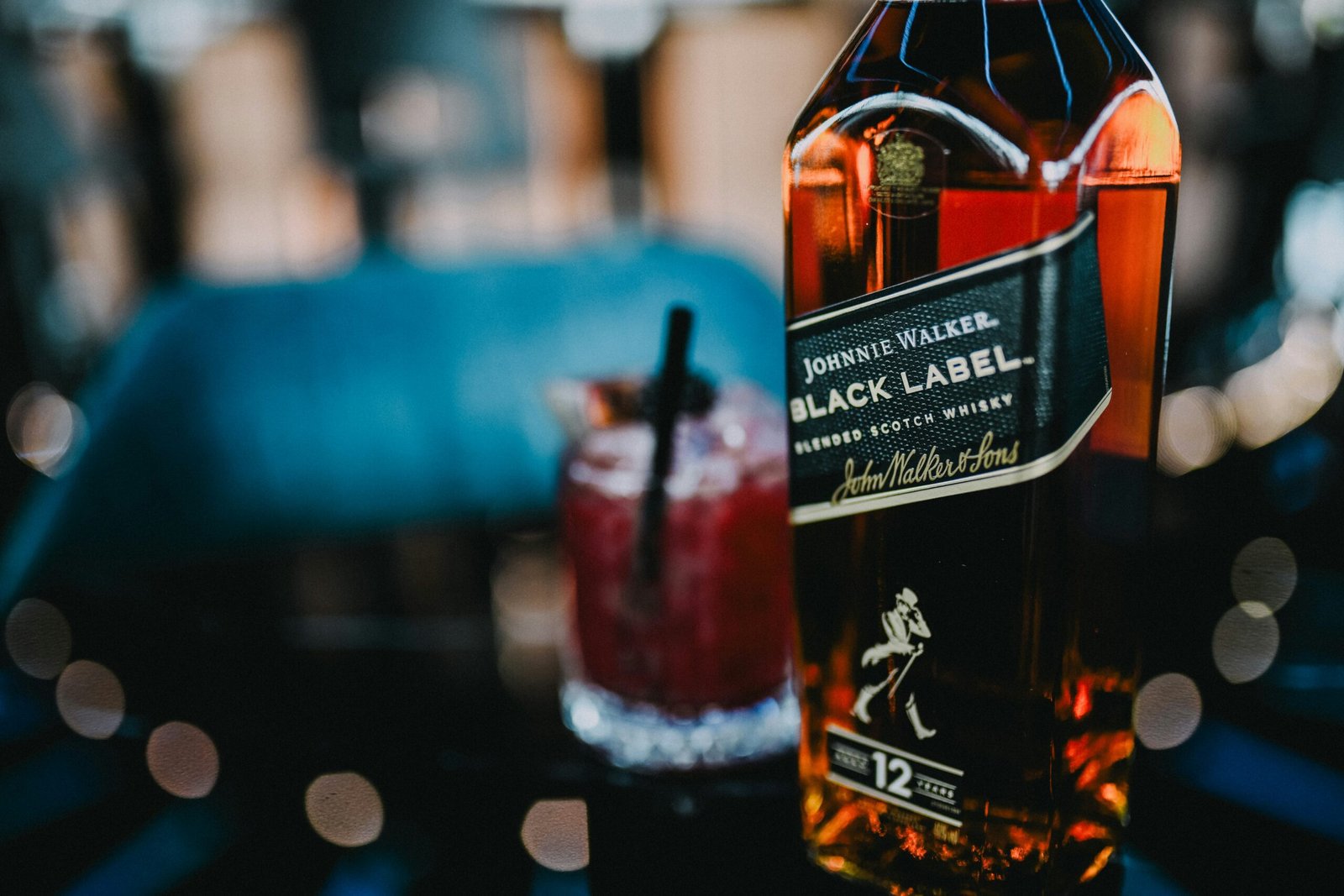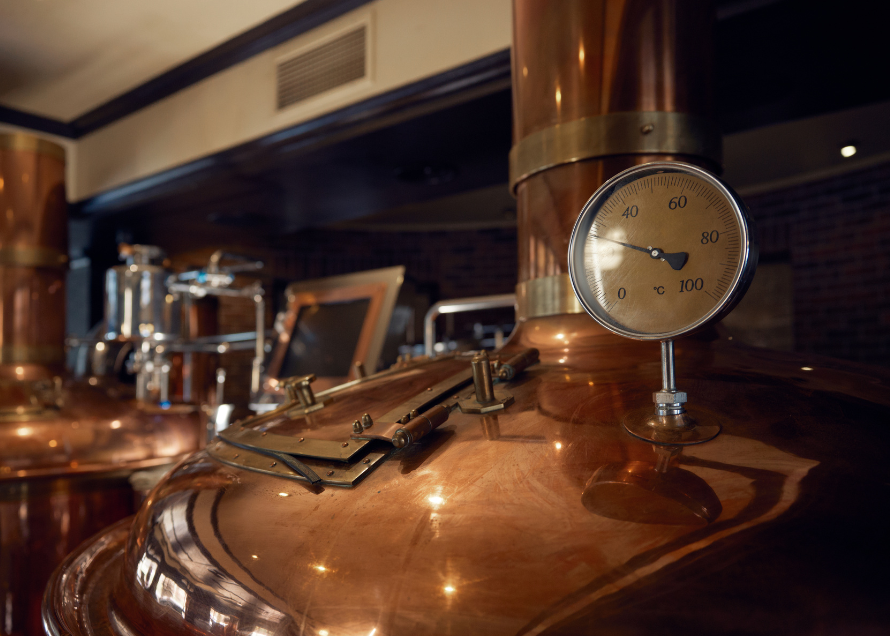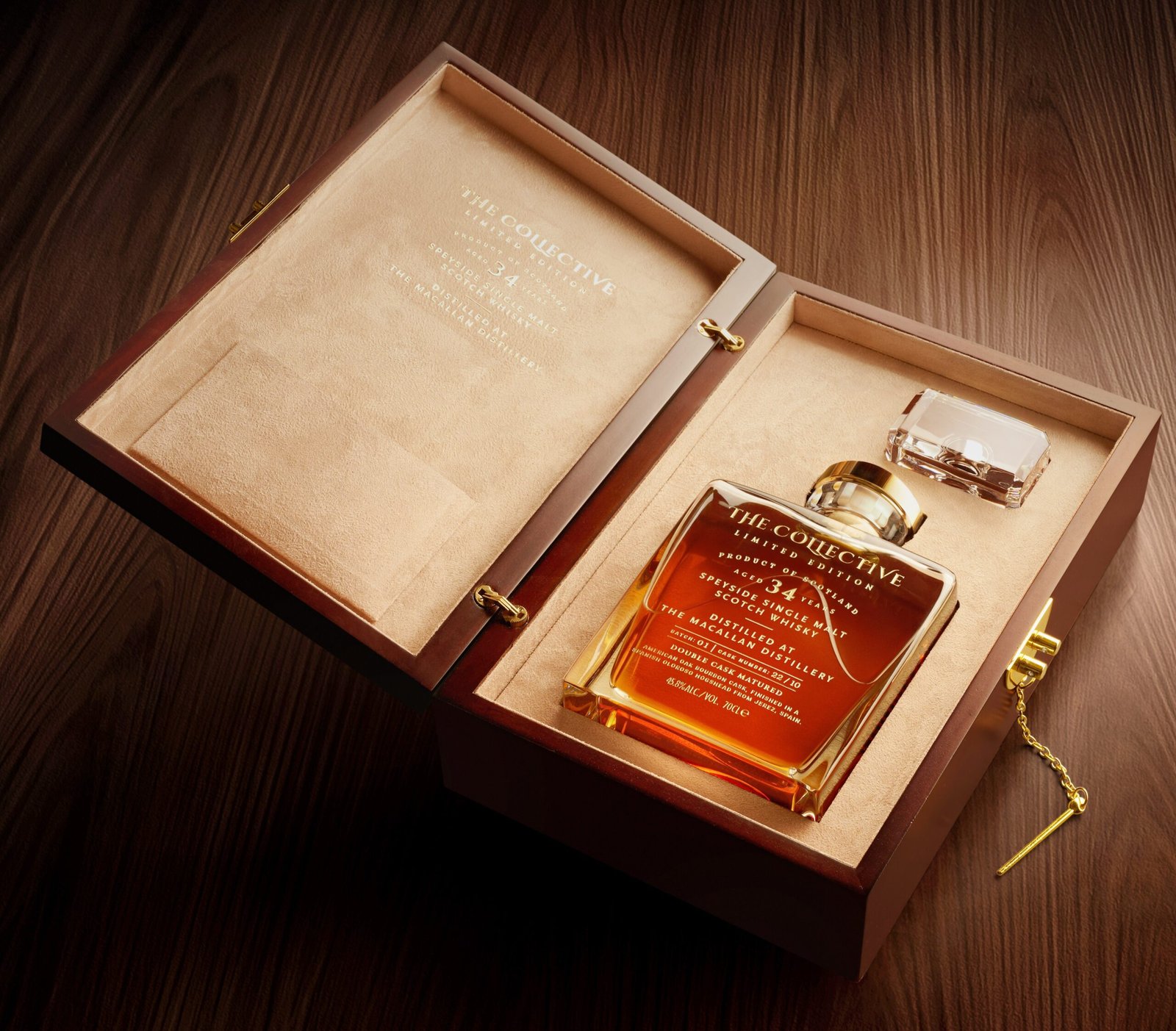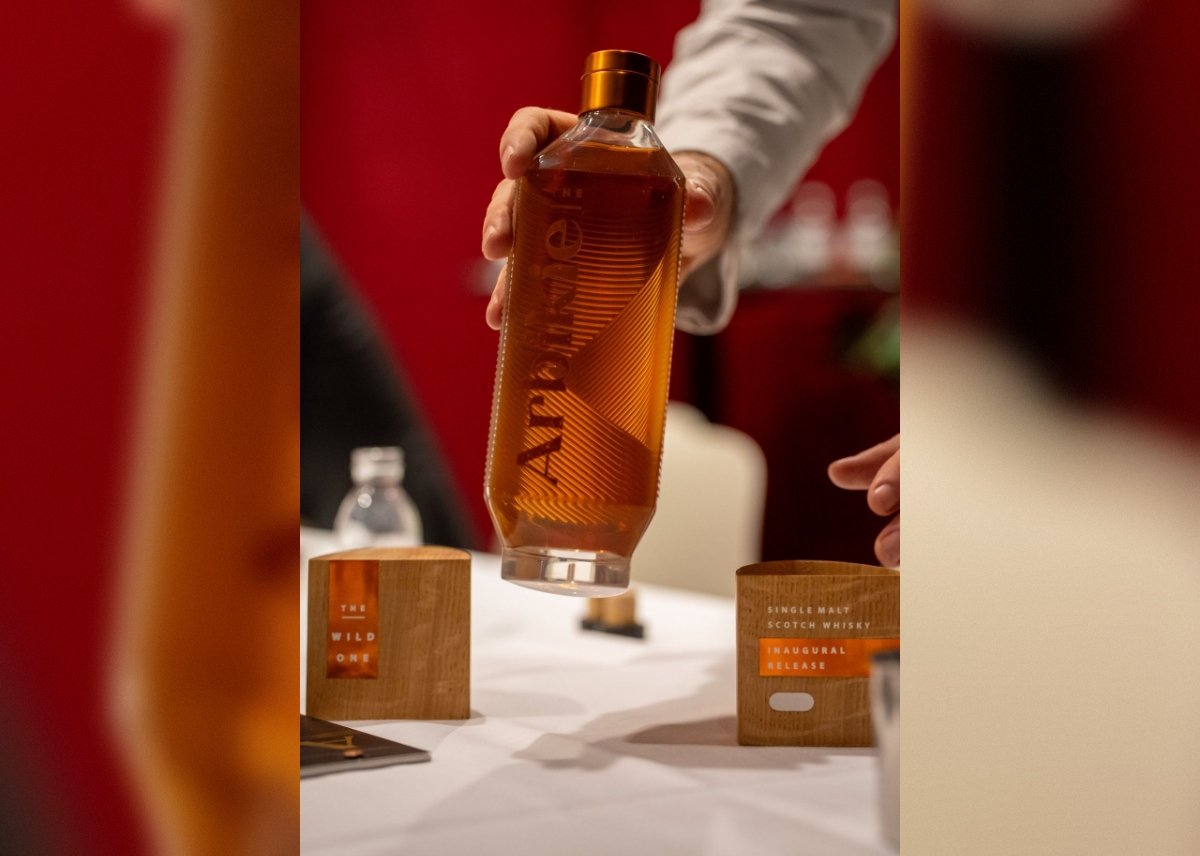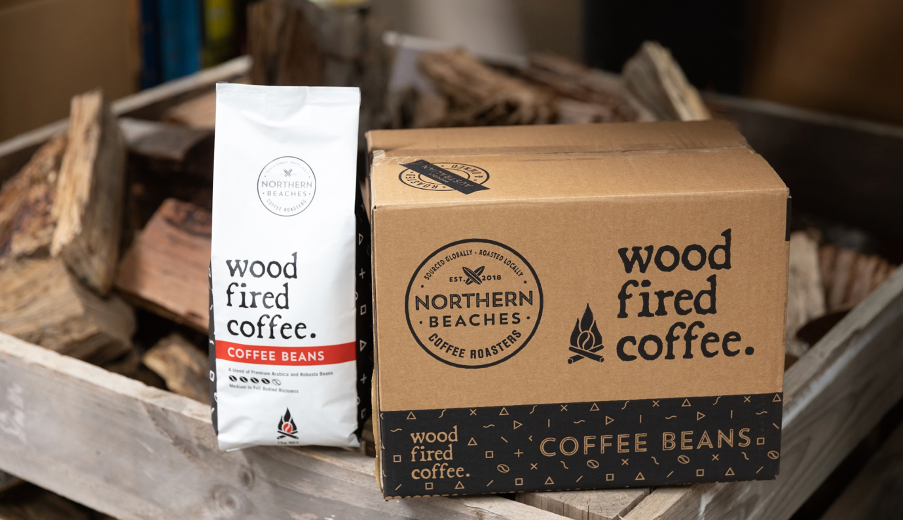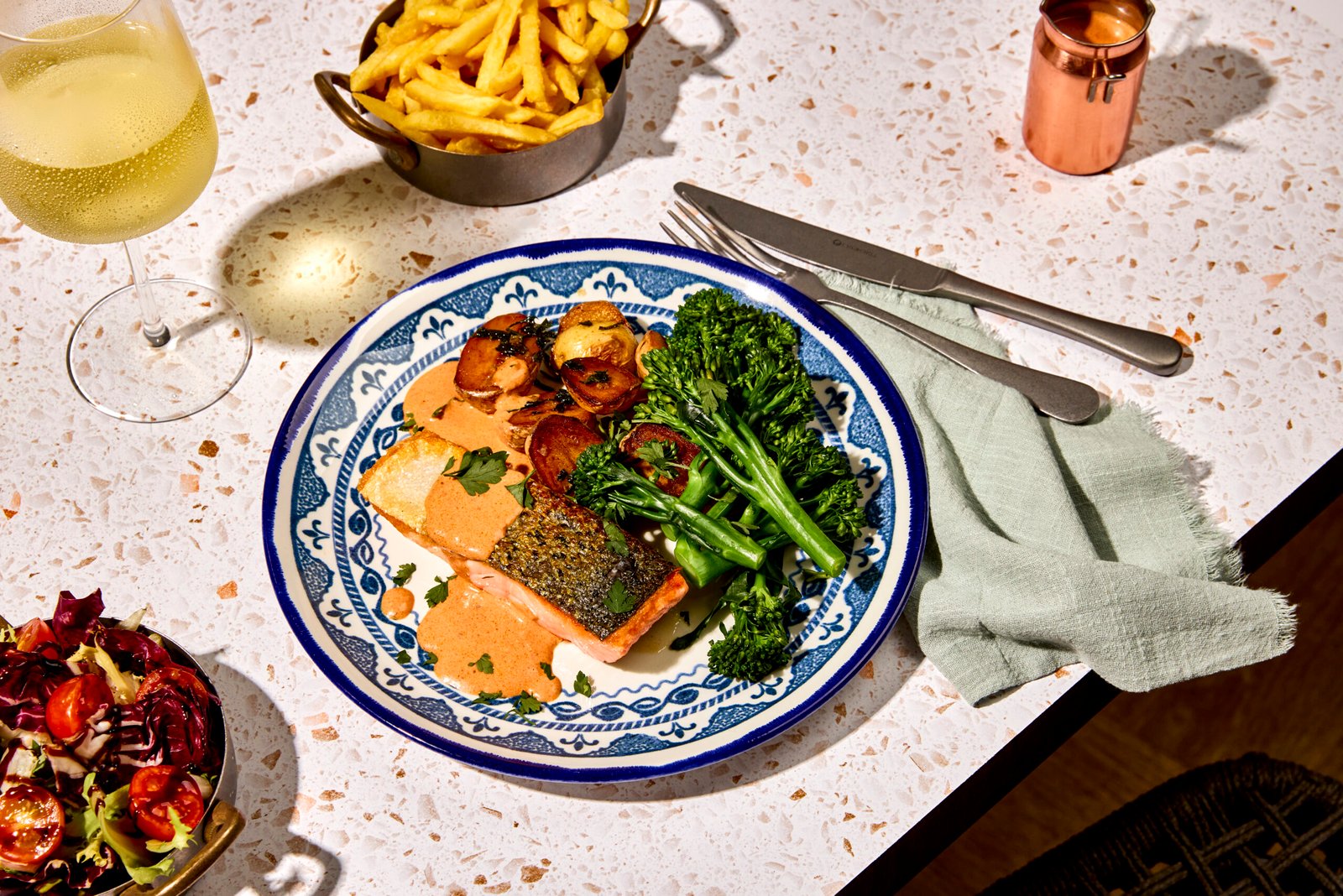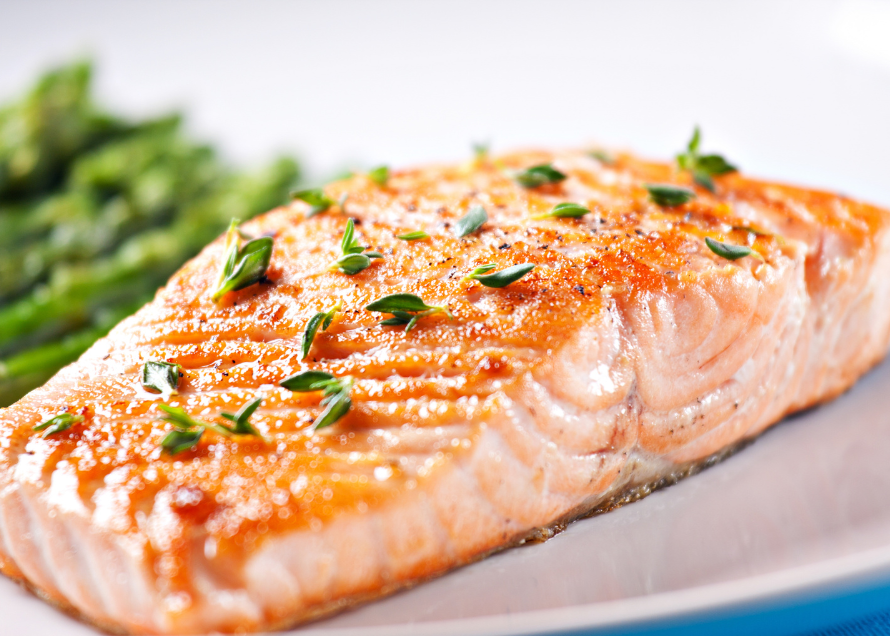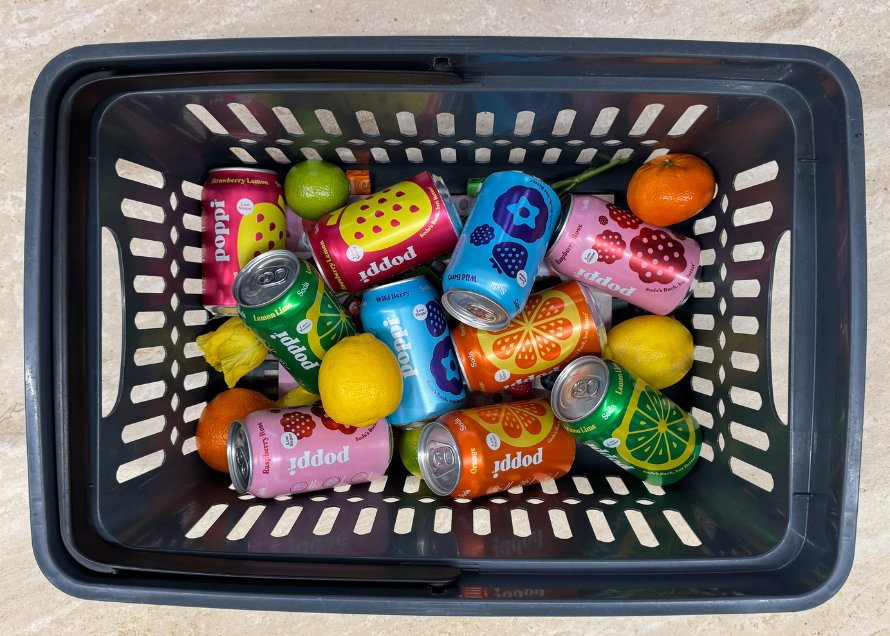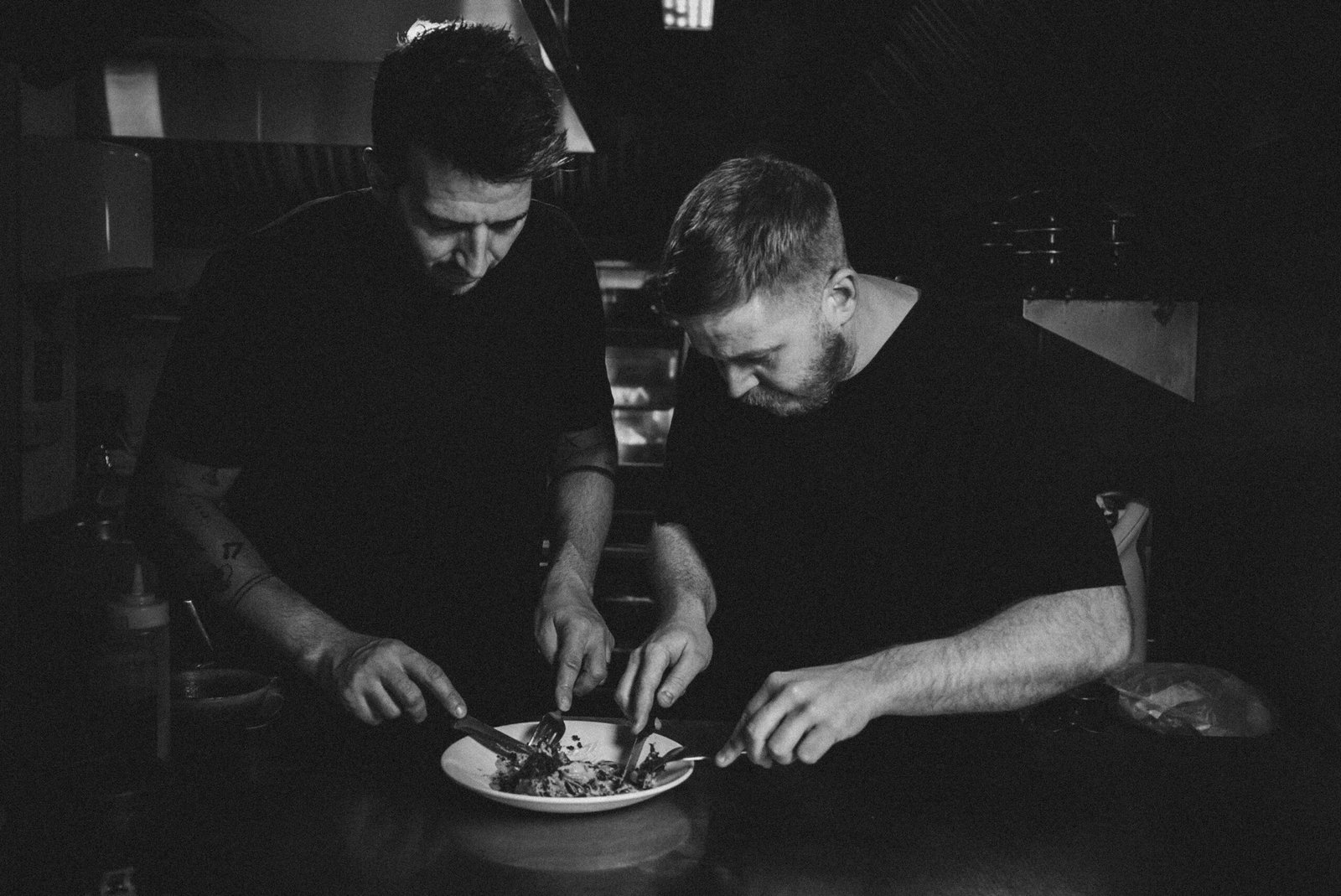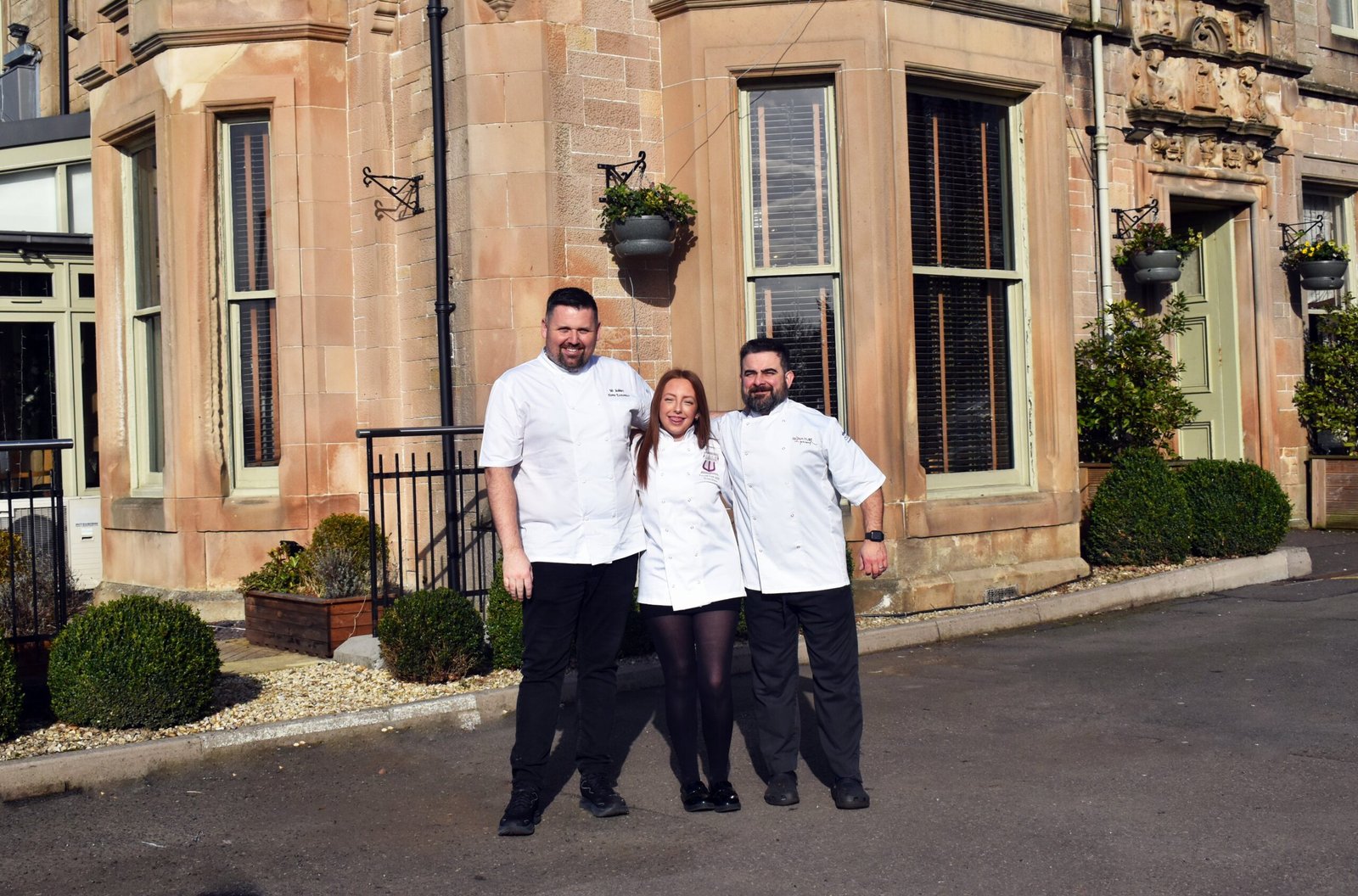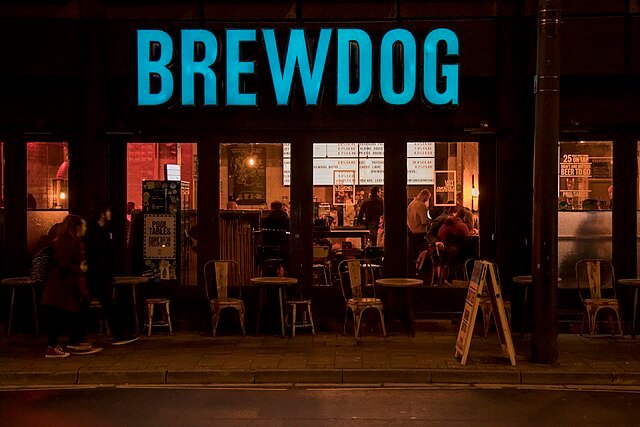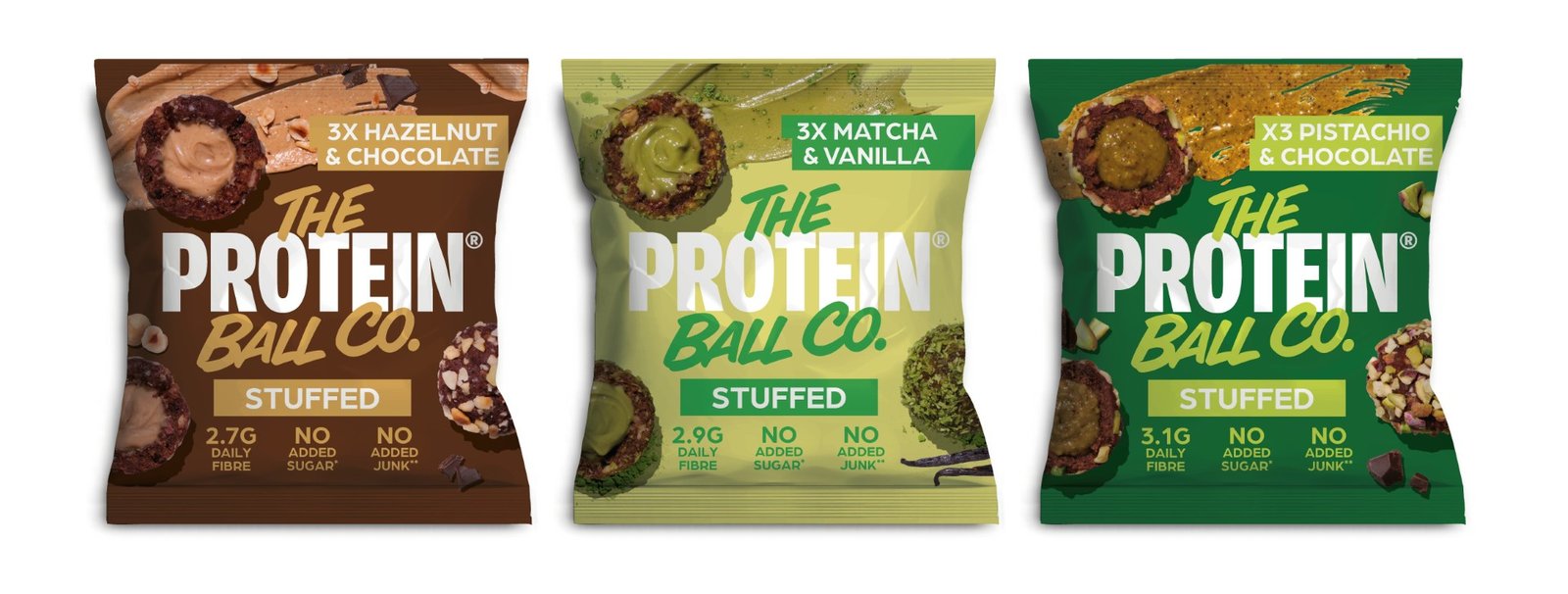Momentum has stalled following the recent landmark signing of a UK-India trade deal, leaving Scotland’s national drink locked out of the world’s largest whisky market.
Under India’s constitution, the agreement can take effect immediately, yet in the UK it requires ratification in Parliament. This process has been delayed by Westminster, meaning the benefits remain out of reach.
For decades, Scotch whisky – which makes up more than 82% of Scotland’s food and drink exports – has been locked out of its most promising market by tariffs as high as 150%. With these barriers now set to fall to 75%, this poses much more opportunity.
India is the world’s largest whisky market, worth more than £22 billion annually, over four times the value of Scotland’s total global whisky exports. Despite these hurdles, India has already overtaken France to become Scotch’s largest export market by volume. This shows the deep cultural resonance Scotch has among India’s growing middle class, where it is seen as a marker of sophistication and prosperity.
While the immediate tariff reductions are likely to benefit the lower end of the premium scotch market – such as 8 and 12-year single malts and premium blended Scotch – this should encourage broader consumer adoption. Over time, as brand loyalty deepens and demand matures, consignors are expected to trade up to higher-priced, rarer products, further establishing Scotch’s long-term growth trajectory across India.
Paul Kopec, CEO of Speyside Capital, a premier whisky investment and asset management firm, explains:
“Even a small increase in Scotch’s share of India’s vast market would be transformative for Scotland’s economy, given our limited supply and unrivalled heritage. Reducing tariffs from 150% to 75% is a seismic shift – it makes Scotch more accessible, reframes the competitive landscape for premium products, and could unlock more than £1 billion of exports over the next five years.
You Might Also Like:
No related posts.
“Let’s not forget that when US President Donald Trump imposed a 10% tariff on Scotch whisky, it was headline news. India’s 150% barrier has been vastly more restrictive – a clear disincentive to growth in a country that could, with a fractional increase in Scotch’s market share, transform Scotland’s economy.”
“India has played its part,” Kopec continues. “The delay is now entirely on the UK side. The whisky cannot flow until the deal is ratified. We urge the government to prioritise this so that Scotland can begin to realise the benefits as early as 2026.”
For an industry whose global reputation is unmatched but whose supply is finite, the stakes could not be higher. A timely ratification would allow Scotch to claim its rightful place in the world’s largest whisky market – and deliver a billion-pound boost to Scotland’s economy.

